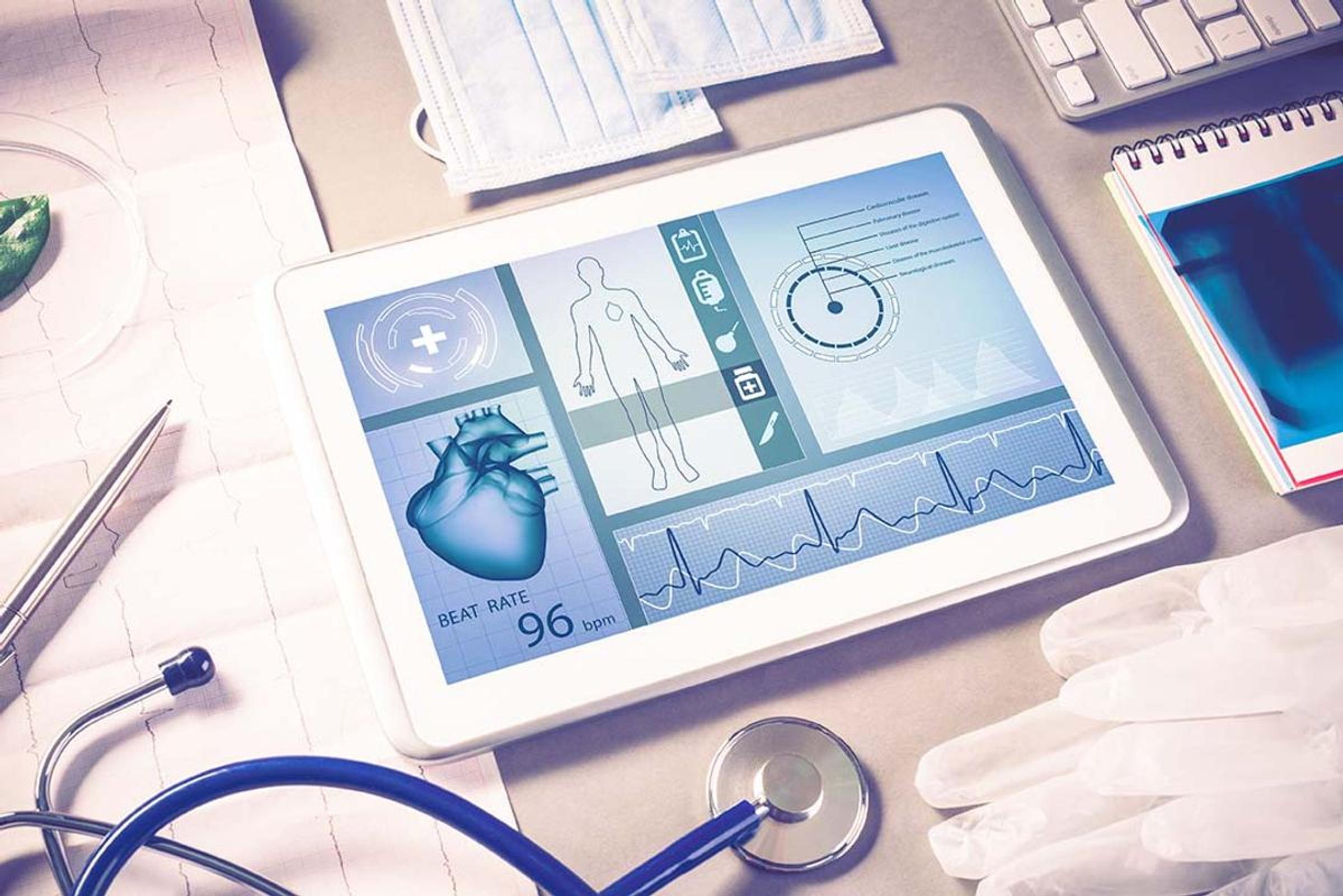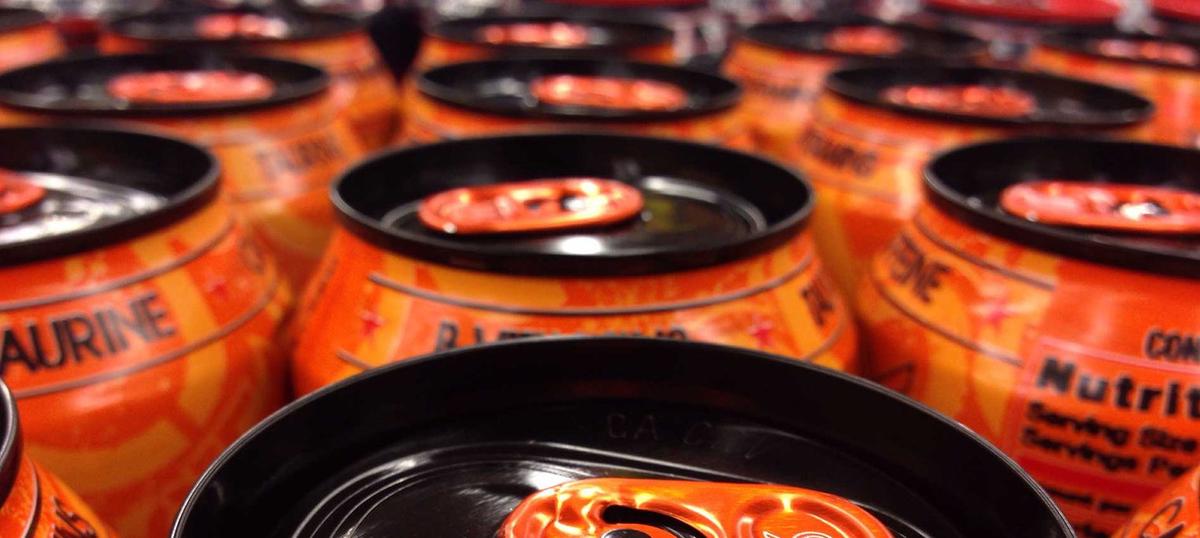Health

Energy drinks—Do they really give you wings?
You may have seen the ads showing how energy drinks can ‘give you wings’ but the harms associated with them will quickly bring you back down to earth.
Energy drinks are now aggressively marketed to young people as a way to get an energy boost with the benefit of increased physical and mental performance. And, sales are up.
This increase in sales is causing concern from parents, teachers and health professionals who are seeing a rise in negative health effects and risky behaviours among children and young people who drink energy drinks.
Negative effects of energy drinks on young people
While drinking energy drinks is common among young people (particularly males), little is known about how much they can safely drink.
What is known, however, is the damaging effects these drinks can have. Headaches, insomnia, tiredness, irritability, stomach aches and hyperactivity are just some of the effects that have been linked to young people who consume energy drinks.
Another concern is nutrition and sleep – both particularly important during adolescence when major growth is occurring.
Longer-term issues include tooth decay, obesity and Type 2 diabetes.
And, energy drinks have also been linked to high-risk behaviours in young people, including smoking, alcohol and other drug use, fighting and impulsive risk taking.
Are there benefits to drinking energy drinks?
While energy drink producers make many claims about the benefits of energy drinks, including: increased sporting performance and endurance; improved reaction time; mental alertness and concentration; and improved stamina and overall wellbeing, there is limited scientific evidence to support these claims.
What’s in an energy drink?
Energy drinks, such as Red Bull, V Energy and Monster Energy, are non-alcoholic and usually contain large amounts of caffeine and sugar.
They’re also often combined with taurine, glucuronolactone, guarana, and B vitamins, and marketed to young people as having a performance-enhancing and stimulant effect.
Taurine
Taurine is an amino acid that helps build protein and is found in meat, fish, dairy products and human milk. Some studies suggest taurine may improve athletic performance – there is little evidence to support this.
Glucuronolactone
Glucuronolactone is a naturally occurring chemical produced by the body and found in plants. It helps remove harmful substances from the body. There’s been limited research conducted on glucuronolactone so it’s unclear whether its inclusion in energy drinks is harmful or beneficial.
Guarana
Guarana is a plant that contains caffeine – 1 gram of guarana contains between 40 and 80mg of caffeine (an espresso contains 60mg caffeine). Guarana’s interaction with the other ingredients in energy drinks makes its effects last longer than caffeine.
Caffeine
Caffeine is a stimulant that occurs naturally in a range of plants. When consumed it results in:
- increased urination
- increased energy and attention
- increased body temperature
- faster breathing and heartrate
- increased production of stomach acid.
In both children and adults, too much caffeine can cause:
- nervousness
- irritability and anxiety
- difficulty sleeping
- tremor
- rapid heartbeat
- palpitations
- upset stomach.
Who else should avoid energy drinks?
Pregnant women
Due to the increased risk of birth complications from high amounts of caffeine, it’s recommended that pregnant women avoid energy drinks.
People who drink alcohol
Mixing alcohol with caffeine can increase the risk of alcohol-related harm. Caffeine can mask the depressant effects of alcohol – making people feel more alert. As a result, they may drink more alcohol and not realise how impaired they really are.
People with heart disease
People with an underlying heart condition, such as heart disease or high blood pressure, should seek medical advice about potential complications caused by energy drink consumption.
Caffeine-sensitive people
Reports suggest that even small amounts of caffeine can trigger side effects such as restlessness, insomnia and a rapid heartbeat in people who are particularly sensitive to caffeine's effects.
The verdict on energy drinks
There is growing evidence that energy drinks may be harmful to some people.
In particular, it’s recommended that kids under 10 years of age should avoid energy drinks, and young people should not drink them excessively.
If you’re unsure or would like further advice, consult your doctor or other health professional.
Judy Buckley
College Nurse
Reference: Energy drinks—Do they really give you wings? - Alcohol and Drug Foundation (adf.org.au)

